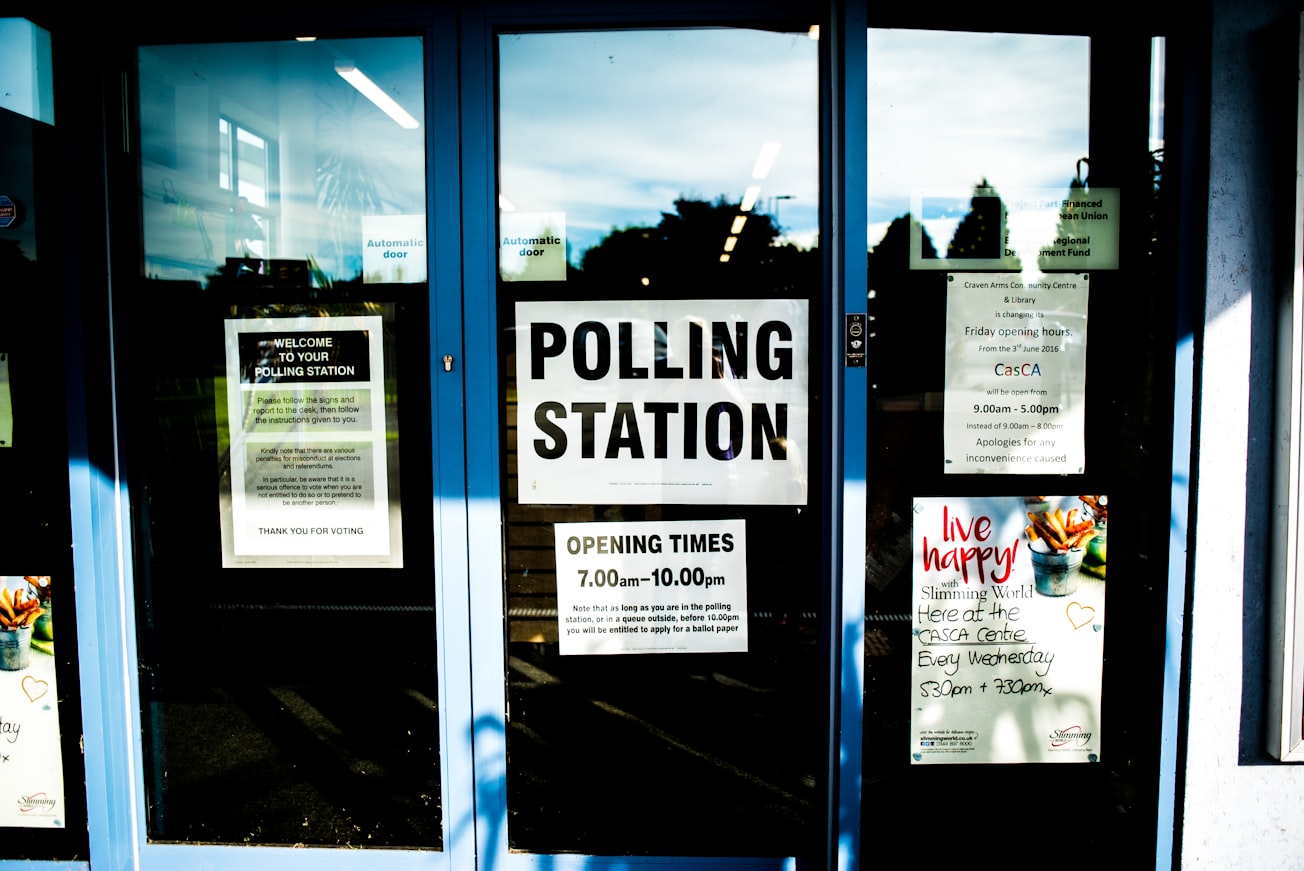What is it about?
Background: This article investigates how to extract signals from social media (Twitter) concerning political parties during an election. Analysis: 670,000 messages were collected during the 2014 Québec election regarding each political party using a framing strategy. After associating each message to one of the four main topics of the campaign, two logistic models were developed to describe the election. While having been set by the incumbent party, the topic of “Independence” was not the most important topic of the campaign (“Economy” and “Society” were). When dominating in terms of mentions, each party was associated to a topic, and such association changed during the campaign. Conclusion and implications: From a practical standpoint, the findings of this article could be used to implement a framework to understand political campaigns dynamics through social media.
Featured Image

Photo by Elliott Stallion on Unsplash
Why is it important?
This article helped characterize which topic each party was associated with during the last month of the election. The results could be used to implement a framework to assess the perception of the political parties on social media. In the Québec context, this article provides information on a still-limited research area (social media in Québec politics) within a growing research field (politics and social media). Concerning political parties, such methodology may be useful to gauge their political propositions and how Twitter users are responding to it. For polling agencies, such a framework would provide additional information to traditional polling methods.
Perspectives
As mentioned in the literature review, limitations do exist such as the pitfall of using direct social media information as a substitute for voting intentions (hence having sample biases). Further works should take into account the dynamics of Twitter interactions (i.e., who are the most influential individuals concerning political discussions?) or topic differences between types of individuals (do age or gender influence the type of discussions or associations?). Finally, a growing literature on political bots (automated accounts) is emerging, and should be kept in mind for the next studies on elections, such as the one in 2018 in Québec.
Full Professor Thierry Warin
HEC Montreal
Read the Original
This page is a summary of: Public’s Perception of Political Parties during the 2014 Quebec Election on Twitter, Canadian Journal of Communication, May 2018, Canadian Journal of Communication,
DOI: 10.22230/cjc.2018v43n2a3251.
You can read the full text:
Resources
Contributors
The following have contributed to this page







